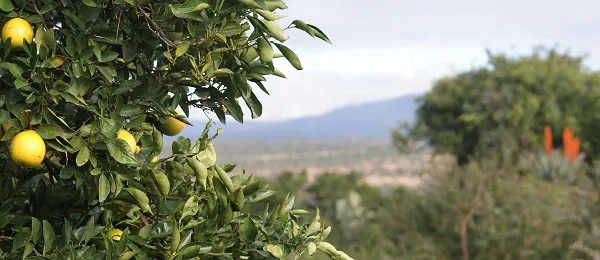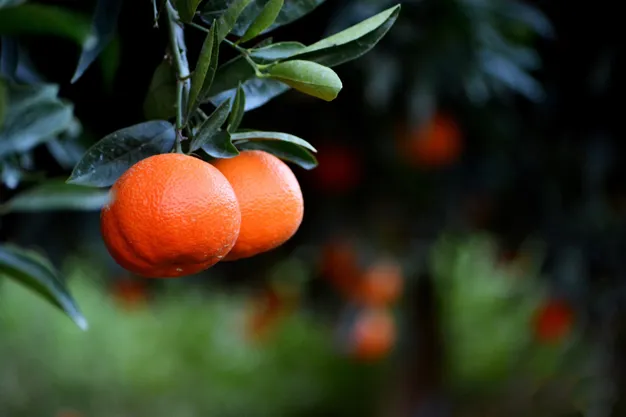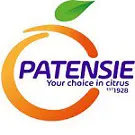In the Eastern Cape's Gamtoos Valley all's well when the Kouga Dam is well: the past seven years of drought had forced farmers into difficult decisions.

"We've come to accept that at least three years out of every decade we'll not have enough water," says Fredri Kok, CEO of Patensie Citrus, celebrating its centenary in four years. "Our dam is almost 90% full, so there's little to complain about, we ought to be set for the next 3 years or so."
Vegetable production will probably never again be what it was in the Gamtoos Valley; when water is scarce, citrus orchards get preference, and even then, growers who for some years were allowed only a fifth of their normal water supply, have had to decide which orchards to cut off from its lifeline. In the end, the Darwinian process has had the benefit of excising those navel orchards prone to creasing (as happened so disastrously in 2017) and as a result, the incidence of creased skin has drastically diminished in this area.
By next week, all three of the pack lines at the Patensie Citrus packhouse will be running day and night shifts on the lemons, Novas, clementines, Leanri and navels coming in from the surrounding orchards.
When they look at the numbers that they have already packed (starting with Satsumas from weeks 12 to 18) they are slightly ahead of last year's volume, Kok remarks, but it's not been a flying start. The availability of inspectors from the Department of Agriculture, Land Reform and Rural Development for the pre-inspection of orchards for Europe has improved since the start of the season.
A single instance of confirmed citrus black spot would mean an entire orchard is disqualified from the European market for the season. "It's very strict, but it's necessary to protect our market. Fortunately, our producers have had very good control over citrus black spot over the past five years, because Europe remains where most of our product goes, depending on fruit size distribution."
Patensie Citrus growers have not had a single CBS interception in five years. Traditionally, they wait until the first week of June before commencing their European campaign. He expects that market to be a difficult one for lemons this year because of high European supply still in the market, but fresh fruit will be in demand as quality deteriorates on the old stock.
Gamtoos Novas have excellent internal quality and a beautiful colour, he says, and the category has delivered a bit of a surprise with increased demand from Europe. The hardy cultivar becomes an easy peeler after a month on the water, while its robustness has long made it a stalwart for trade with the Far East and the Middle East, Russia and Canada.

South African orange crop will be slightly lower
The first navels now packed at Patensie Citrus are sent to clients in the Far East and the Middle East. There are still plenty of Chinese oranges available in the Far East; demand from wholesale markets in places like Malaysia has not yet picked up.
"It depends on the northern navel crop which is smaller, fruit size as well, which should have an influence on the East and create a stronger pull," he says. "We're traditionally an area with smaller fruit. Last year our Valencias were unusually large, and we struggled with enough juice Valencias (counts 64 to 105). This year, for the first time in a long while, we're back to a normal citrus crop."
The orange juice price is matching orange export prices of lower grades (especially at processors in the north of the country) and will without a doubt reduce South Africa's orange exports, Kok remarks.
"I do think the volume of oranges from South Africa will be slightly lower than the initial estimate," he says. "Another often overlooked factor are the number of orchards voluntarily withdrawn from Europe, which are not reflected in the estimates at the start of the season, but which will necessarily lower the export amounts to this market."
During drought new Gamtoos plantings were placed on ice, but those established some years ago are now increasing in volumes: late mandarins, mostly, also late navels and Novas. Midknights and early navels in the Gamtoos are losing ground to late mandarins, he says, as growers in their group strictly focus on yields of class 1 fruit per hectare. For more information:
For more information:
Fredri Kok
Patensie Citrus
Tel: +27 42 283 0303
Email: [email protected]
https://patensiecitrus.co.za/
